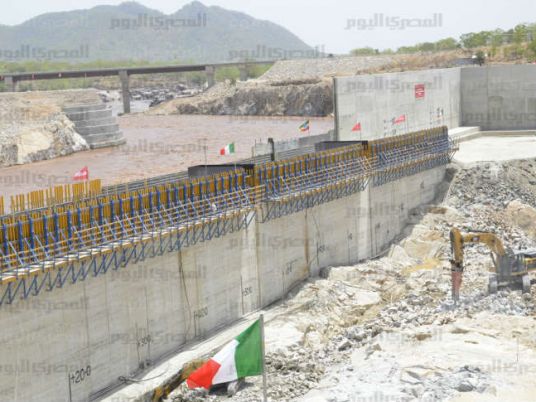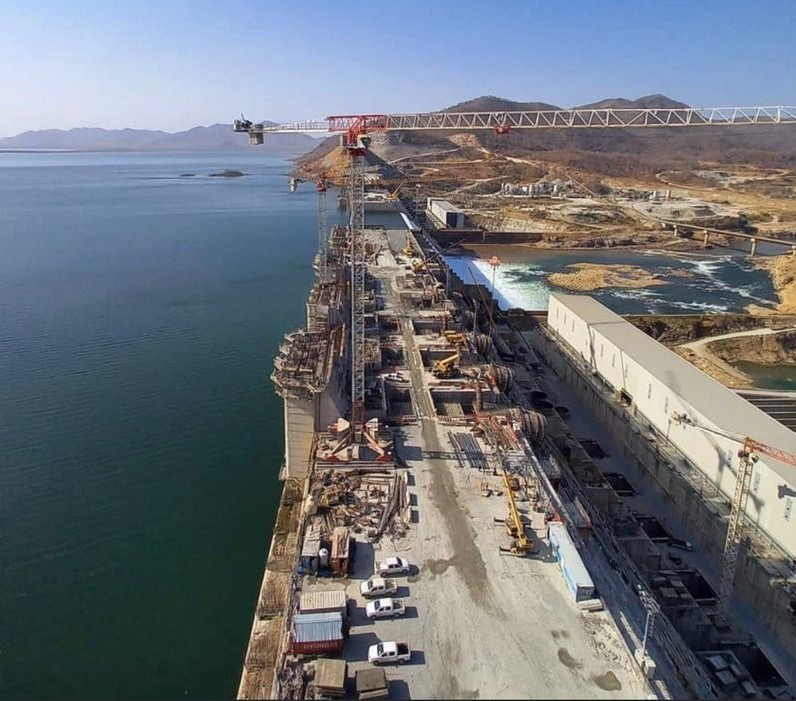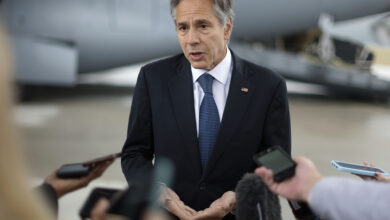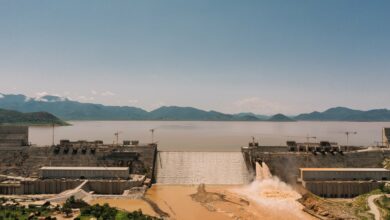
Former Water Resources and Irrigation Minister Mohamed Nasreddin Allam said in press statements on Saturday that the Egyptian negotiators who were dealing with the Renaissance Dam made serious technical and political mistakes.
“The Irrigation and Foreign ministries keep colliding with the Ethiopian-Sudanese alliance, using the same approach they have been taking just to cover up for the failure of the officials, as opposed to working for the benefit of Egypt,” he said.
“Egypt has waived the need for international experts and structural safety studies. It did not mention the need to negotiate the water share and storing capacity in the Declaration of Principles,” he said. “The ministers only took souvenir pictures next to the dam.”
“Those responsible for this fiasco should be dismissed and brought to trial,” Allam added.
Mohamed Abdel Aty, the former head of the Water Resources Ministry’s Nile Water Department, warned that Ethiopia's tendency to mire the meetings with details is leading to more differences.
Assem Fath al-Rahman, a Sudanese expert in Nile Basin affairs, said the Ethiopian government is building the dam to generate the electricity necessary for agricultural projects, so as to avoid an uprising. This is being done in light of the population growth and a food gap that has caused high rates of poverty despite huge natural and water resources.
“The three countries should talk about policies that serve the interests of the African people, which is what Ethiopia is looking for,” he said. “But Egypt doubts Ethiopia’s intentions.”
“The Ethiopian government is launching fundraising campaigns to encourage the people to participate in the construction of the dam, just like President Nasser did with Egypt’s High Dam,” he said.
Rahman added that Ethiopia aims to achieve an economic renaissance based on a strategic partnership with Sudan, including the cultivation of one million acres in areas adjacent to the dam in eastern Sudan. “Egypt can take part in this with its expertise in agriculture,” he said.
“This area is one of the most fertile lands in Sudan with six months of rain,” he said.
Edited translation from Al-Masry Al-Youm



